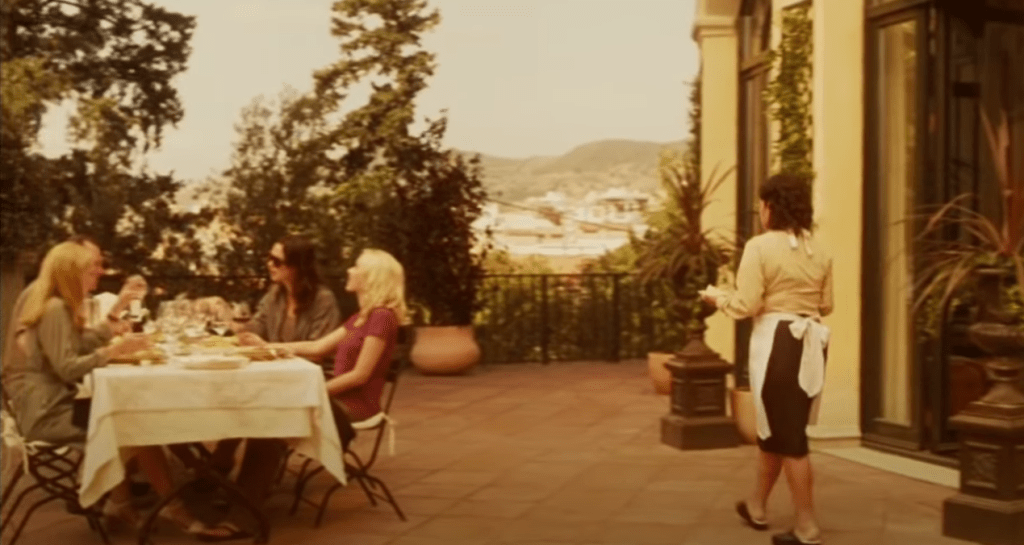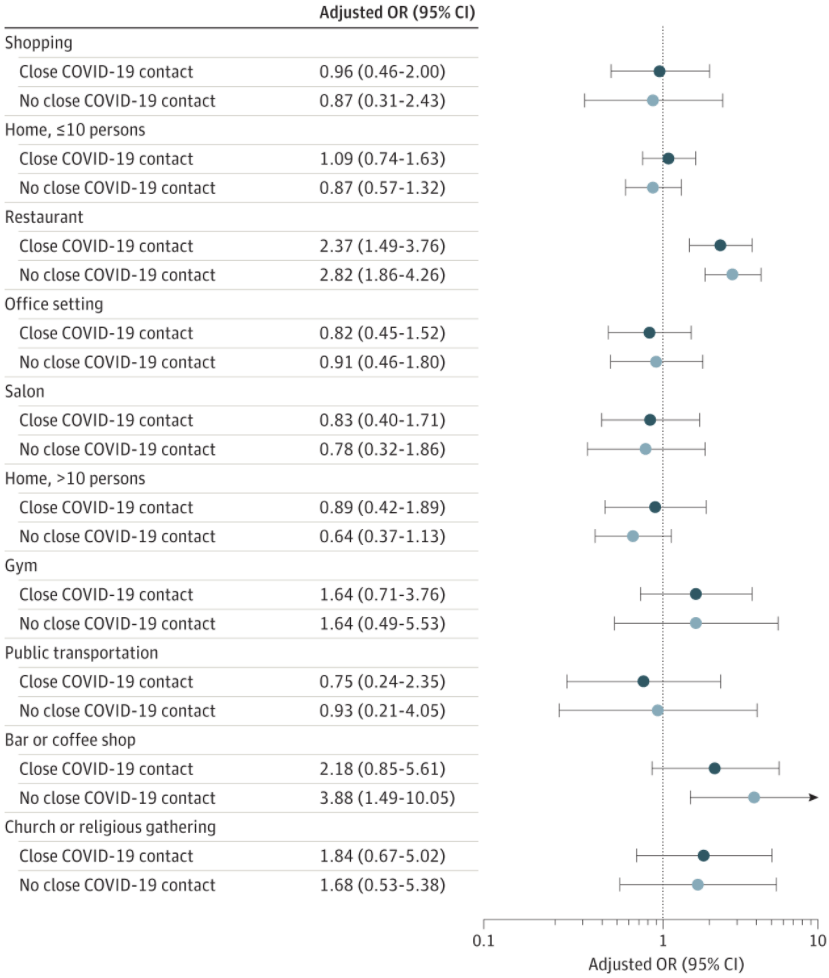This post marks the anniversary of Covid Diary BCN. I first posted on 16 March 2020, at the beginning of my self-isolation. I wrote for my sanity and to create a record of living during the Covid-19 pandemic—last March, it was still so early in the Covid-19 story that there were debates about whether Covid-19 even met the criteria to be designated as a “pandemic.”
I wanted to create a record of the Covid-19 pandemic because when I was researching my novel Dear Mustafa, I found nuggets of historical information about the AIDS crisis scattered around the Internet, but no contemporaneous diary that chronicled day-to-day revelations. It was hard for me to remember the order of events and how they connected to each other.
For the first 100 days during the lockdown, I posted to Covid Diary BCN every day. After the first lockdown, as Covid-19 surprises slowed, I switched to posting once weekly, on Sundays. The resulting 138 posts contain a total of about 200,000 words, the equivalent of a 600 page book.
Spring 2020 I was locked down. This year I’ll have my first outdoor Barcelona Spring. Catalonia and the EU have vaccinated less than 10% of the population, so I’ll be playing it safe for a month or two longer than my US friends. But safe this year already looks much better than safe last year. Here’s safe kids’ entertainment outside in Gracia last week.

There’s a modicum of night life as well. Before the 10p curfew, people congregate in places like Carrer de Verdi. It’s quieter than pre-pandemic times. Hardly any tourists and still a chill in the air during the ten remaining days of Winter. Nonetheless, signs of Barcelona night life re-emerging outside.
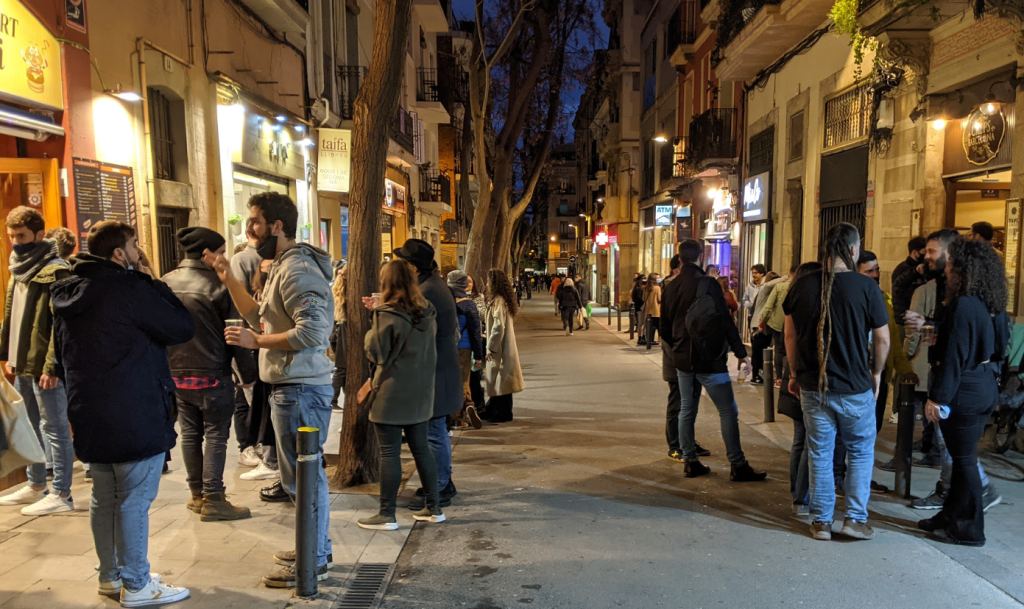
Last week I posted about an adventure to the top of Parc Güell. This week instead of turning right at the top of old Gracia, I turned left so I could hike through Parc del Turó del Putxet (the big Parc Turó up the hill, not the tony one near Avinguda Diagonal). As I walked through Gracia, I checked mask compliance. Over 90% of people on the street were wearing masks correctly. Masks haven’t been politicized in Barcelona the way they have been in the US.
The history of Parc del Turó isn’t as colorful as Parc Güell. Maybe that’s why it’s not much of a tourist trap. As I walked up Parc del Turó—and I mean up—it reminded me of a couple city parks from my past. The size and slope of the park are similar to Buena Vista Park in San Francisco. The views from the top are more like Runyon Canyon in Hollywood.

Today the Covid-19 pandemic feels to me like the AIDS crisis felt around 1995, when antiretrovirals measurably slowed down the US AIDS death rate. Between the first known AIDS cases in the US in 1981 and the slowdown in 1995, I knew about 90 men who died of AIDS. Between 1995 and now, about five friends have died of AIDS. These days my gay friends are dying of more mundane things like cancer and heart attacks. Sometimes being heteronormative feels okay.
While the death rate for Covid-19 is still high right now, places that are getting vaccines are seeing Covid-19 cases slow down the same way antiretrovirals slowed down AIDS in the US around 1995. As of this writing, about 1% of the world population has been vaccinated, so there’s a ways to go.
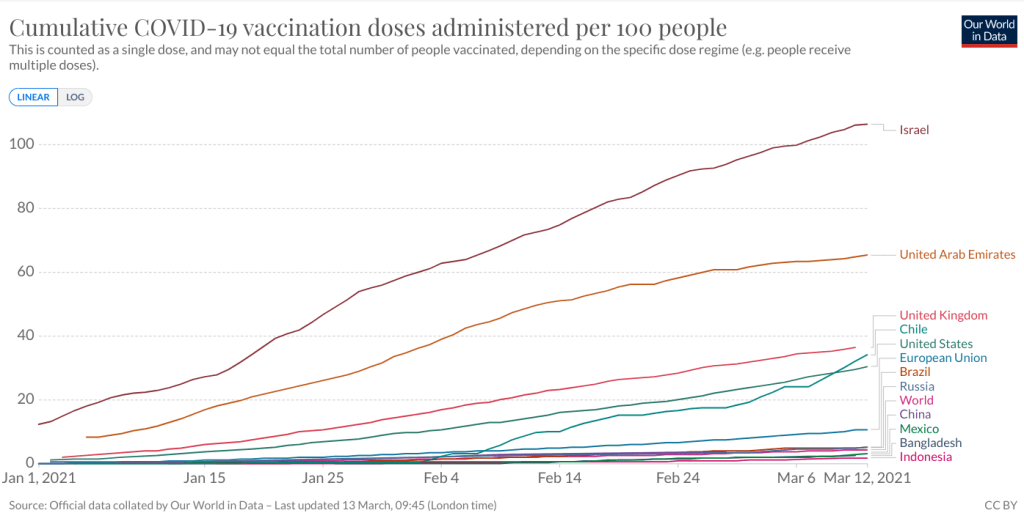
The big question now is whether vaccines will eradicate Covid-19 or whether we’ll live with Covid-19 for the long haul because anti-vaxxers or new mutations keep the virus in play.
There are many other differences between Covid-19 and AIDS. One is that that Covid-19 is much more contagious and much less deadly than AIDS.
| Worldwide | Covid-19 | HIV / AIDS |
| Approx Total Infections (millions) | 120 | 70 |
| Approx Infections per Year (millions) | 120 | 1.8 |
| Approx Deaths (millions) | 2.6 | 33 |
| Implied deaths per Infection | 2.1% | 47.1% |
Another difference is that AIDS went much longer without an effective drug than Covid-19. While it took less than a year to develop and approve effective Covid-19 vaccines (astonishing!), it took about three years just to figure out what caused AIDS (namely, HIV) and then it took another dozen years for an effective AIDS treatment (namely, antiretrovirals). There still is neither a cure nor a vaccine for HIV.
About 33 million people died of AIDS worldwide by the end of 2019. As bad as Covid-19 infections have been the past year, fewer than three million people have died of Covid-19 worldwide. On the other hand, there have been about 120 million Covid-19 infections in just over a year compared to about 70 million HIV infections over 40 years.
That makes Covid-19 roughly 69 times more contagious than AIDS. Net of the antiretrovirals used since 1995, that makes AIDS about 18 times more deadly than Covid-19. If antiretrovirals were available and used everywhere, AIDS would be much less than 18 times more deadly than Covid-19. Without antiretrovirals, AIDS would be something like 40 times more deadly than Covid-19.
I don’t have time in this post to dredge through all 138 Covid Diary BCN posts, but I remember distinctly the 29 March 2020 entry because I first wrote about the likely magnitude of the Covid-19 death toll in the US. Based on Spanish and Italian Covid-19 statistics at the time, I estimated at least 100,000 Covid-19 deaths in the US if the US followed the lockdown models of Spain and Italy.
In other words, the US is already looking at over 100,000 Covid-19 deaths if it locked down today the same way Italy and Spain have. But the president is talking about loosening the already rather loose lockdown. If he does that, I expect these numbers to grow significantly. Covid-19 is an exponential math problem.
Covid Diary BCN, 29 March 2020 – Sunday – #14.
The confirmed US Covid-19 deaths today are 534,000. The IMHE predicts 630,000 US Covid-19 deaths by 1 June 2021 based on excess US deaths. Last week, for the first time in 3-1/2 months, the US recorded fewer than 1,000 Covid-19 deaths per day.
| US Population as % of World Population | 4.2% |
| US Covid-19 Deaths as % of World Deaths | 20.2% |
| US Covid-19 Vaccination Doses as % of World Vaccination Doses | 29.0% |
One similarity between Covid-19 and AIDS in the US is the lack of federal government leadership. Reagan made jokes about AIDS and Bush’s wife pushed Republican party limits when she cradled an HIV-positive baby. There was no significant US support to fight AIDS until the 1990 Ryan White Act. Even that was named after a hemophiliac rather than a gay man so Republicans wouldn’t have to acknowledge they passed a law to help homosexuals. Nothing against Ryan White, of course, who fought hard for the legislation and died of AIDS.
Forty years after the first US AIDS cases, at least Trump was able to acknowledge the existence of Covid-19 rather than joke about it. I wonder what his response would have been if Covid-19 also was sexually transmitted. Other than giving pharmaceuticals money to develop vaccines and promoting off-label use of hydroxychloroquine, Trump barely lifted a finger to stop Covid-19.
While the former US president craves credit for Covid-19 vaccines, if he’d followed San Francisco public health guidelines, 364,000 more people would have been alive to get vaccinated. If he’d followed South Korean public health guidelines, over a half million more would have been alive for a vaccination.
Instead Trump conned Americans. He knew otherwise when he said Covid-19 would just go away.
The impact of Trump’s Covid-19 neglectful leadership goes beyond unnecessary deaths. From polls of his base, it’s clear his Covid-19 con will cripple the US response long after his departure. While most Americans acknowledge the devastation of Covid-19, Trump’s Republicans do not. A year ago, 58% of Republicans said the danger of Covid-19 was exaggerated. 530,000 confirmed Covid-19 deaths later, 57% of Republicans still say the danger of Covid-19 is exaggerated.
The same way Republicans thirty years ago were able to turn their backs on a hundred thousand dead gay men, a vast majority of the party remains indifferent to the deaths of over a half million of their fellow countrymen. By contrast, 3,000 Americans died during 9/11 and the US started wars in Afghanistan and Iraq that cost trillions of dollars. Republicans seem obsessed with property damage.
Parenthetically, Brazilian President Bolsonaro is following a natural immunity strategy more aggressively than Trump (what else does Trump’s “it will just go away some day” mean other than natural immunity?). A natural immunity strategy prioritizes economic activity over public health. In the isolated Amazon city of Manaus, nearly everyone was infected with Covid-19 last year. So of course it was a surprise when Manaus’ healthcare system was swamped again with Covid-19 cases. The virus had done what viruses do—it mutated. Its P1 mutation is not only more contagious, but it has reinfected people in Manaus who already had had Covid-19. Besides unnecessary death and disease, reinfection is a critical shortcoming of Bolsonaro’s and Trump’s natural immunity strategy.
When it comes to pandemics, the US is not a beacon of hope. Unfortunately, as most Republican leaders fail to role model healthy Covid-19 behavior, vaccination behavior of Trump supporters may well determine whether the world eradicates Covid-19.
Democrats are now 27 percentage points more likely than Republicans to say they plan to get, or have already received, a coronavirus vaccine (83% to 56%). This gap is wider than those seen at multiple points in 2020.
Pew Research Center, “Growing Share of Americans Say They Plan To Get a COVID-19 Vaccine – or Already Have,” 5 March 2021
There were silver linings to both the AIDS crisis and Covid-19. The AIDS crisis pushed gay men out of the closet whether or not they wanted to come out. It forced the gay movement to organize and use unconventional ACT-UP tactics to get action on yet another (mostly) gay problem the US government failed to address. HIV also accelerated scientific understanding of the human immune system, without which we still would be waiting for a Covid-19 vaccine.
In the same way that the AIDS crises accelerated immunology, the Covid-19 pandemic has accelerated test and vaccine development. Scientist applied CRISPR gene editing technology—a technology that got its start down the coast in Alicante and was only 8 years old at the start of the Covid-19 pandemic—to develop the first Covid-19 tests as well as to aid in almost every other aspect of understanding the virus.
On the vaccine front, researchers are hot on the trail of a one-size-fits-all Coronavirus vaccine. The mRNA vaccine platform that BioNTech and Moderna used to bring their Covid-19 vaccines to market ahead of other vaccine platforms provides hope for other diseases like malaria. The viral vector and protein based vaccine platforms also have benefited from Covid-19 efforts, offering more vaccine platform options in the future.
In addition to tests and vaccines, Covid-19 has accelerated progress in everything from video medicine to supply chain management. There’s even a robotics company startup that automates PCR sample prep and other laborious lab processes.
As the world gets vaccinated, everyone wants the pandemic to be in the rear view mirror. US air travel provides a preview of the problems the world will face as vaccinations increase.
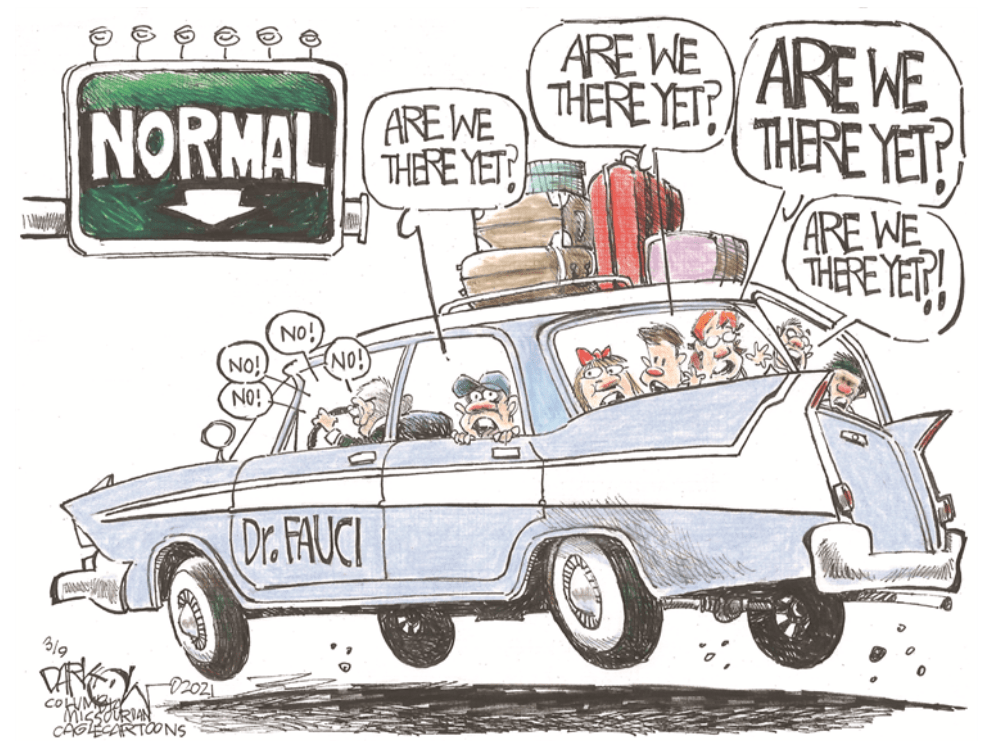
US air travel correlates well with Covid-19 infections. More passengers, more infections. So, CDC guidance to avoid air travel makes sense until the US reaches herd immunity.
As might be expected, the airlines are pushing back, saying that air travel is safe. Passengers are siding with airlines. Airports are recording the highest passenger levels during this spring break since last year’s lockdowns.
The problem is that, even with vaccinations so close, people are still getting Covid-19 infections in the US at high rates.
“It’s kind of like running the race and getting to the last 15 yards and tripping and falling,” said Bill Moore, 68, a guitarist and government contractor who tested positive for the virus in early March.
Washington Post, “‘I almost made it’: Close to a vaccine, these Americans got covid-19 instead,” 14 March 2021.
Covid-19 bits.
- An unintended consequence of Covid-19? 1,200 new German words to describe everything from watching a game with an empty stadium (Geisterveranstaltung) to restrictions on going out (Ausgehbeschränkung).
- The oral antiviral molnupiravir eliminated Covid-19 in patients’ nasopharynx in five days. Very good news. More studies needed.
- Scientists used CRISPR screening to identify host factors required for Covid-19 infection. The factors include phosphoinositide 3-kinase (PI3K) type 3 and lysosomal protein TMEM106B. Small molecules targeting these might be the basis for a drug that inhibits Covid-19 infection and possibly other Coronavirus infections.
- A mobile app uses AI to interpret rapid Covid-19 serological test results. Variations in factors like test model, test manufacturer, and patient can make some test result lines difficult to read.
- Nine months after the first Covid-19 lockdown, Spain measured a 23% decline in live births. France and other countries have reported similar declines.
- Novavax announced it’s Covid-19 vaccine is 96% effective and will apply for regulatory approval.
- Several countries stopped administration of the AstraZeneca Covid-19 vaccine after concerns about blood clots. The company says its vaccine is safe and effective. The EMA says the vaccine benefits outweigh any risks.
- BioNTech is forming a consortium of pharmaceutical companies to manufacture its Covid-19 vaccine. This is an echo of last week’s announcement that Merck would manufacture Johnson & Johnson’s Covid-19 vaccine.
- On Monday, the CDC offered new post-vaccination guidance. In small gatherings, those vaccinated for Covid-19 don’t have to wear masks or distance, even when the group includes people who haven’t been vaccinated. Also, after exposure to Covid-19 cases, those vaccinated for Covid-19 don’t have to quarantine. Otherwise, guidance remains the same until more vaccinations.
- On Thursday, the EMA, Europe’s version of the FDA, approved the Johnson & Johnson Covid-19 vaccine. The EU has ordered 200 million doses of the one-dose vaccine.
- Also on Thursday, President Biden announced that all adults would be eligible for Covid-19 vaccinations by the First of May and asked all Americans to get vaccinated when it’s their turn so the US can celebrate Independence Day without fear of Covid-19.
There are rarely right answers in a pandemic. There are always hard trade-offs. That doesn’t keep us from believing we know things.
Covid-19 reveals who we are.
Covid-19 reveals who we are.
Covid-19 reveals who we are.
I write Covid Diary BCN for my sanity and to make a record of life during the Covid-19 pandemic. Please feel free to share its contents (with credit, please).
Most of the blog entries serve to chronicle Covid-19 from my point of view. As a gay man living in Barcelona, I’m seeing the US and the world through a different lens. It’s nice to live in a place that’s not just gay accepting or gay friendly, but gay supportive.
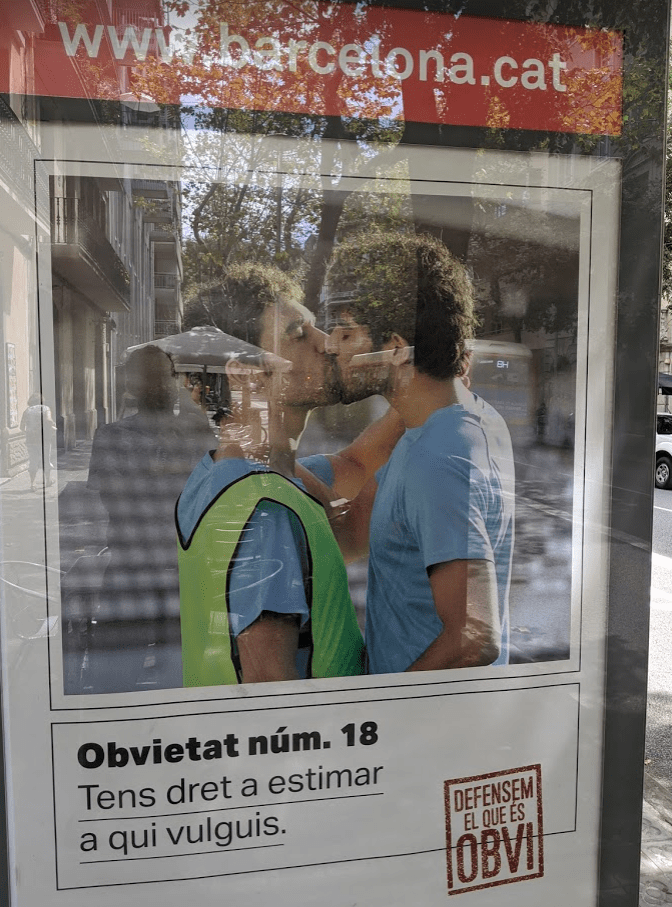
At the end of January—as Covid-19 vaccines rolled out, as an experienced US administration took over, and as the end of the Covid-19 story started coming into view—I decided to change up things and write informal essays on a number of Covid-19 topics.
Here’s an index of sorts to help if you’re interested in a particular topic.
- 31 January 2021
- Covid-19 vaccines and mutations
- 7 February 2021
- Covid-19 testing
- Trading off Covid-19 public health with the economy
- 14 February 2021
- Covid-19 and romance
- Covid-19 vaccine rollout
- 21 February 2021
- Covid-19 politics and inequality
- 28 February 2021
- Covid-19 transmission
- Covid-19 misinformation
- 7 March 2021
- Long-haul Covid-19
- Mask politicization
- School reopening
- Covid-19 vaccine passports
- 14 March 2021 (this post)
- Spring in Barcelona
- Comparing the Covid-19 pandemic with the HIV / AIDS crisis.
I also want to note that the bullet-point “Covid-bits” section I started adding to the end of each blog post makes a good summary of significant Covid-19 developments. When viewed one after the other, they give a sense of how the Covid-19 story unfolded week by week.
Last tip. I don’t get paid to write this and I’ve been too cheap to pay for the WordPress super duper search service. If you want to search Covid Diary BCN, do what I do. Enter site:coviddiarybcn.com search-term into Google (try replacing search-term with, say, Wu Lien, the guy who discovered that masks stop airborne infections).
After a year of posting, I’ll be taking a break from this blog to sell my novel Dear Mustafa, to write a couple of other novels—Trans Librarian Saves Planet and Confidence Man—and to complete some short stories. I’ll post here from time to time. Thanks for following along!

